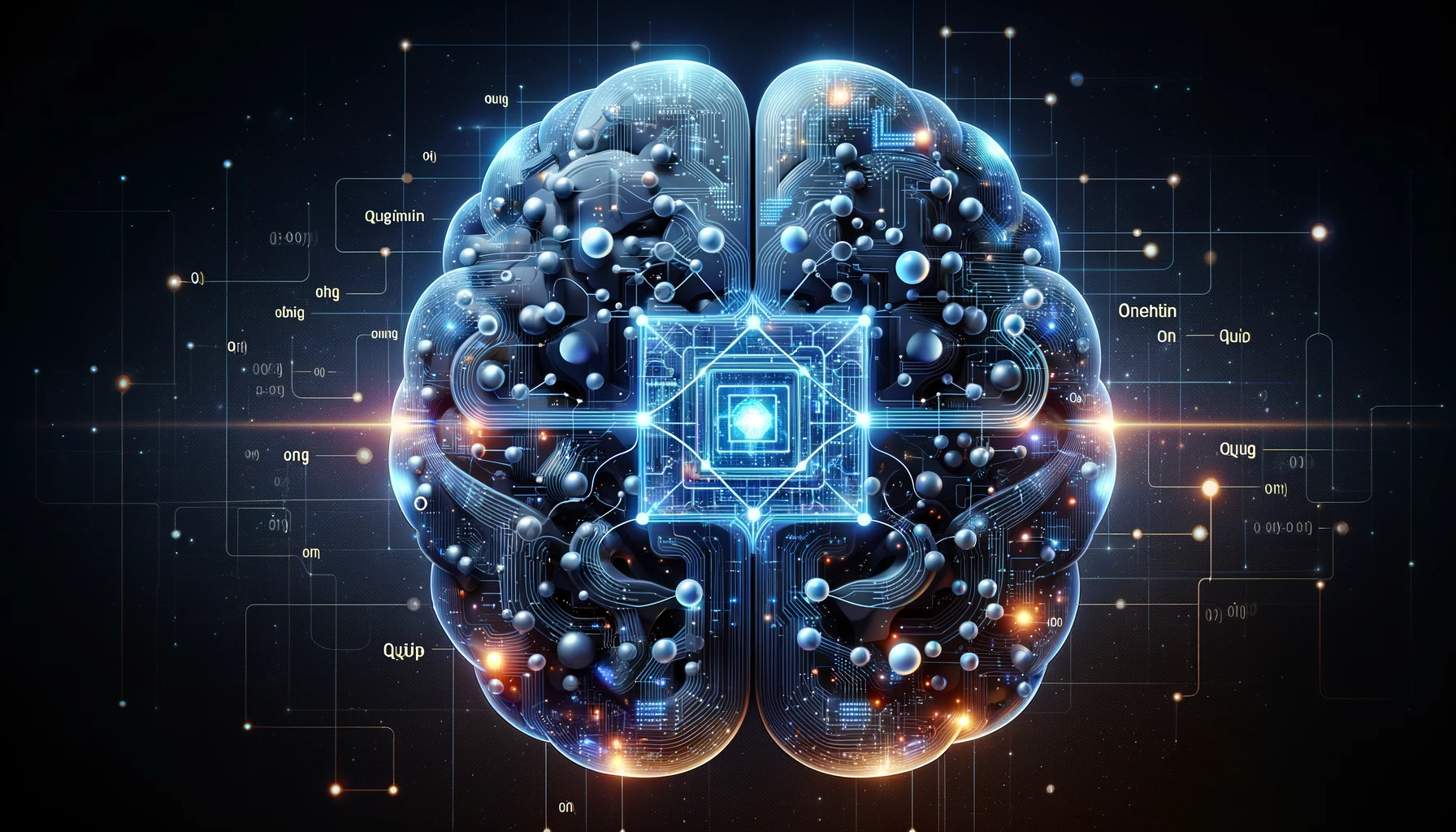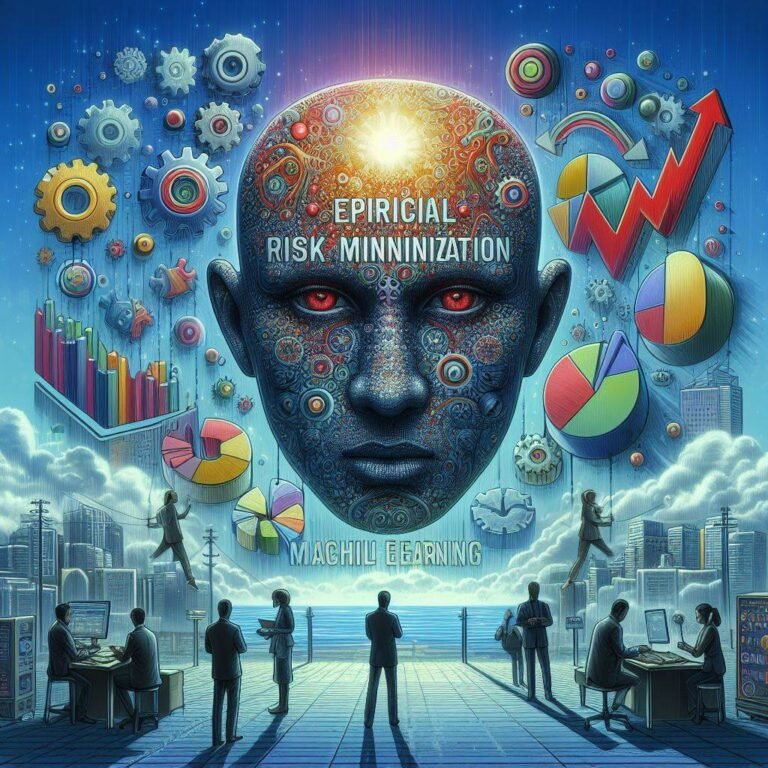Cloud Based Quantum Machine Learning Tools
In the current digital era, where data reigns supreme and computational prowess catalyzes innovation, a cutting-edge amalgamation of quantum physics and machine intelligence is poised to redefine the technological frontier. Known as Quantum Machine Learning (QML), this avant-garde integration promises to revolutionize data processing, analytics, and problem-solving. The democratization of this technology has been notably amplified through its integration with cloud computing. This article invites you to demystify cloud-based QML tools, explore their applications, and understand their role in sculpting our future.
The Essence of Quantum Machine Learning
Quantum Machine Learning represents the intersection of quantum computing’s capabilities and the predictive power of machine learning. Unlike traditional computing, which operates on bits (0s and 1s), quantum computing utilizes qubits that can simultaneously embody multiple states due to quantum superposition. The phenomenon of quantum entanglement further enables quantum computers to parse through vast and intricate datasets with unparalleled efficiency, surpassing the limits of classical computing machines.
The Cloud Advantage in Quantum Computing
Cloud-based quantum computing ventures offer this sophisticated technology to the public, encompassing several perks:
- Universal Access: These platforms provide access to quantum computing for a wide spectrum of users without the prerequisite of proprietary quantum infrastructure.
- Cost-Effectiveness: Cloud platforms lower the barriers to entry by allocating quantum computational resources on-demand, evading the hefty expense tied to owning and operating quantum machines.
- Adaptability and Growth Potential: With the capability to tailor computational resources to specific project requirements, users garner unmatched efficiency and agility.
Navigating Cloud-Based Quantum Machine Learning Ecosystems
Industry leaders are spearheading the movement toward universally accessible quantum computing:
- IBM Quantum Experience: This platform provides an extensive ecosystem for quantum research, proffering access to both real and simulated quantum machines.
- Amazon Braket: Designed as a fully-managed service, this platform offers an environment conducive to the exploration and creation of quantum algorithms.
- Google Cirq: Operates as an open-source framework tailored for quantum algorithm development on both simulated and tangible quantum processors.
- Microsoft Azure Quantum: Fuses quantum tools within the Azure cloud infrastructure, allowing companies to experiment with quantum technologies in a familiar environment.
Engaging with Cloud-Based QML Platforms
For those venturing into quantum computing, the following steps can guide your initiation:
- Platform Selection: Determining which platform aligns best with your needs and understanding is paramount.
- Setup: Configurate your development environment according to the chosen platform’s specifications.
- Algorithm Experimentation: The platform’s resources enable users to craft, simulate, and run bespoke quantum algorithms.
- Analysis and Improvement: Post-experimentation, reviewing and refining your algorithms is essential for optimal outcomes.
Practical Applications Shaping Industries
Cloud-based QML extends beyond theoretical implications and is actively transforming various sectors:
- Healthcare: QML hastens the pace of drug discovery and genetic studies, minimizing requisite time and resources.
- Finance: Through quantum algorithms, financial processes such as trading, risk management, and fraud detection are refined to unprecedented levels.
- Supply Chain Management: Quantum solutions impart optimized logistics and cost efficiencies across intricate global supply chains.
Common Queries About Quantum Machine Learning
- QML Learning Curve: Although complex, a wealth of support resources makes QML increasingly approachable for learners.
- Quantum vs. Classical Computing: Quantum computing is set to complement, not substitute, classical computing by addressing tasks currently unmanageable for traditional computers.
- Challenges in Quantum Computing: Issues like error rates, qubit coherence, and algorithmic development are at the forefront of the field’s obstacles.
Final Musings: On the Brink of a Computational Paradigm Shift
Cloud-based quantum machine learning signifies a monumental shift in computing capabilities. It holds the promise of untangling some of humanity’s most intricate challenges, from climate change concerns to the intricacies of disease. Standing at this precipice of a new era of computation, it is evident that cloud-facilitated quantum computing is destined to be a key player in shaping what lies ahead. Fueled by curiosity and an eagerness to grasp its potential, tech aficionados are encouraged to explore quantum computing further. Comprehensive repositories like netkiduniya.com serve as a gateway to the vast expanse of knowledge and hands-on guides required for paving your quantum exploration pathway. As the field advances, QML’s potential becomes increasingly boundless, and with it, our ability to harness its capabilities for a more intelligent future. So gear up for this transformative journey, and let us witness how cloud-based quantum machine learning reshapes tomorrow. So keep exploring! Happy Learning!
Keep Exploring: The Future of Quantum Machine Learning
Quantum Machine Learning continues to advance at a rapid pace, with new discoveries and breakthroughs happening all the time. As the field grows, so do its potential applications and impact on various industries. Here are some exciting areas where quantum machine learning is poised to make a significant impact in the near future:
- Artificial Intelligence: Quantum machine learning can enhance AI by providing faster and more efficient data processing, leading to improved decision-making.
- Cybersecurity: With the ability to handle vast amounts of data simultaneously, quantum machine learning can aid in detecting and preventing cyber threats.
- Climate Change Mitigation: Quantum machine learning can optimize complex climate models, helping us better understand and mitigate the effects of climate change.
- Space Exploration: Quantum algorithms can assist in solving optimization problems, aiding in space exploration endeavors such as mission planning and trajectory optimization.
- Quantum Communication: QML could revolutionize secure communication by utilizing quantum cryptography to protect data from cyberattacks.
As we continue to push the boundaries of what is possible with quantum machine learning, these are just a few examples of how it could shape our future. With the support of cloud-based platforms, we can only imagine the potential for innovation and progress in this field.
Conclusion: Embracing the Quantum Era
In conclusion, the rise of cloud-based quantum machine learning is a game-changer in computing. Its boundless potential and growing accessibility are opening doors to revolutionary advancements across various sectors and fields of study. As we venture into this uncharted territory, let’s embrace the vast possibilities and continue to explore, learn, and innovate. With cloud-based platforms like Google Cirq and Microsoft Azure Quantum leading the way, the only limit is our imagination. So let’s keep exploring as we embark on a new era of computation with quantum machine learning at the forefront.
For additional information, check out the following resources:
- Embracing this technology requires curiosity, willingness to learn, and an understanding of its potential and limitations. For those intrigued by the possibilities of quantum machine learning and eager to explore further, resources like netkiduniya.com offer a treasure trove of information and practical guides to get started.











